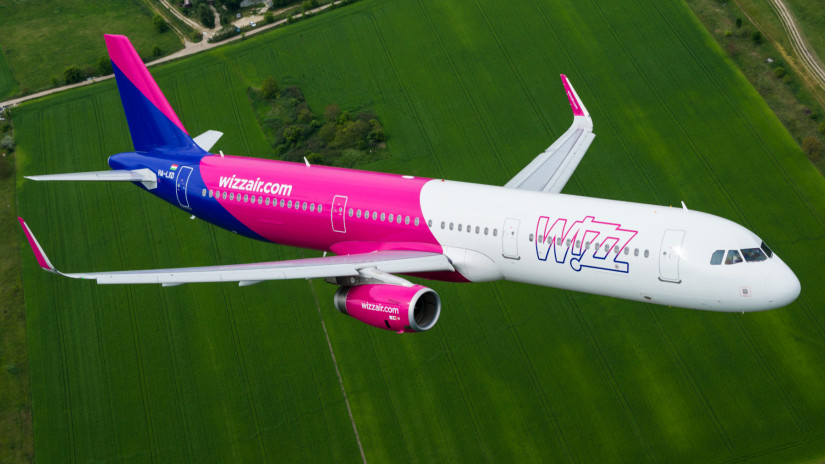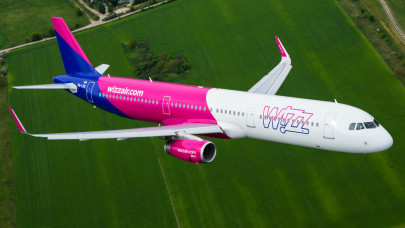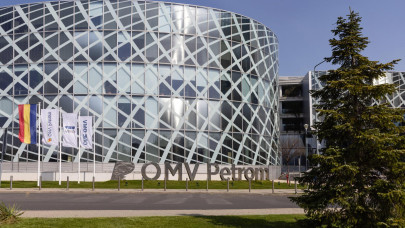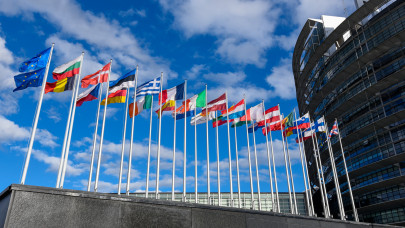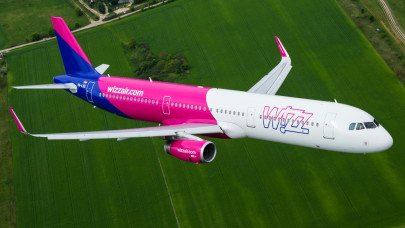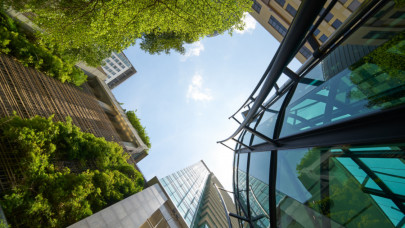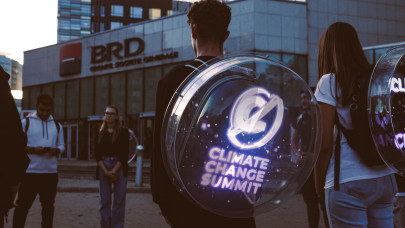Wizz Air's sustainability strategy is based on four pillars – environment, people, governance, and economy.
"The airline is constantly making efforts regarding its environmental footprint and reducing carbon intensity, employee development, socio-economic contribution in the regions where it operates and strengthening corporate governance," the company announced.
Wizz Air continued its fleet renewal and expansion program with 35 new A321neo aircraft joining the fleet. The average age of the fleet has fallen to 4.6 years, making it the newest fleet of any European airline with over 100 aircraft.
The company has signed four agreements with sustainable aviation fuel (SAF) producers for future supply: Mabanaft/P2X Europe, OMV, Neste, and Cepsa.
In terms of sustainability plans in fiscal 2023, the company made its first equity investment of £5 million in UK biofuels company Firefly and participated in a $50 million investment in CleanJoule, a US-based biofuel start-up. It became the first Hungarian airline to commercially test the SAF supply chain in collaboration with Neste, MOL, and Budapest Airport.
Wizz Air has joined the European Commission's Alliance for Zero Emission Aviation and the Industrial Alliance for the Value Chain of Renewable Fuels and Low Carbon Emissions.
The employee base has grown to over 7,300 with over 2,500 new hires and over 90 nationalities. Achieved a gender ratio of 48% female to 52% male across the organization.

